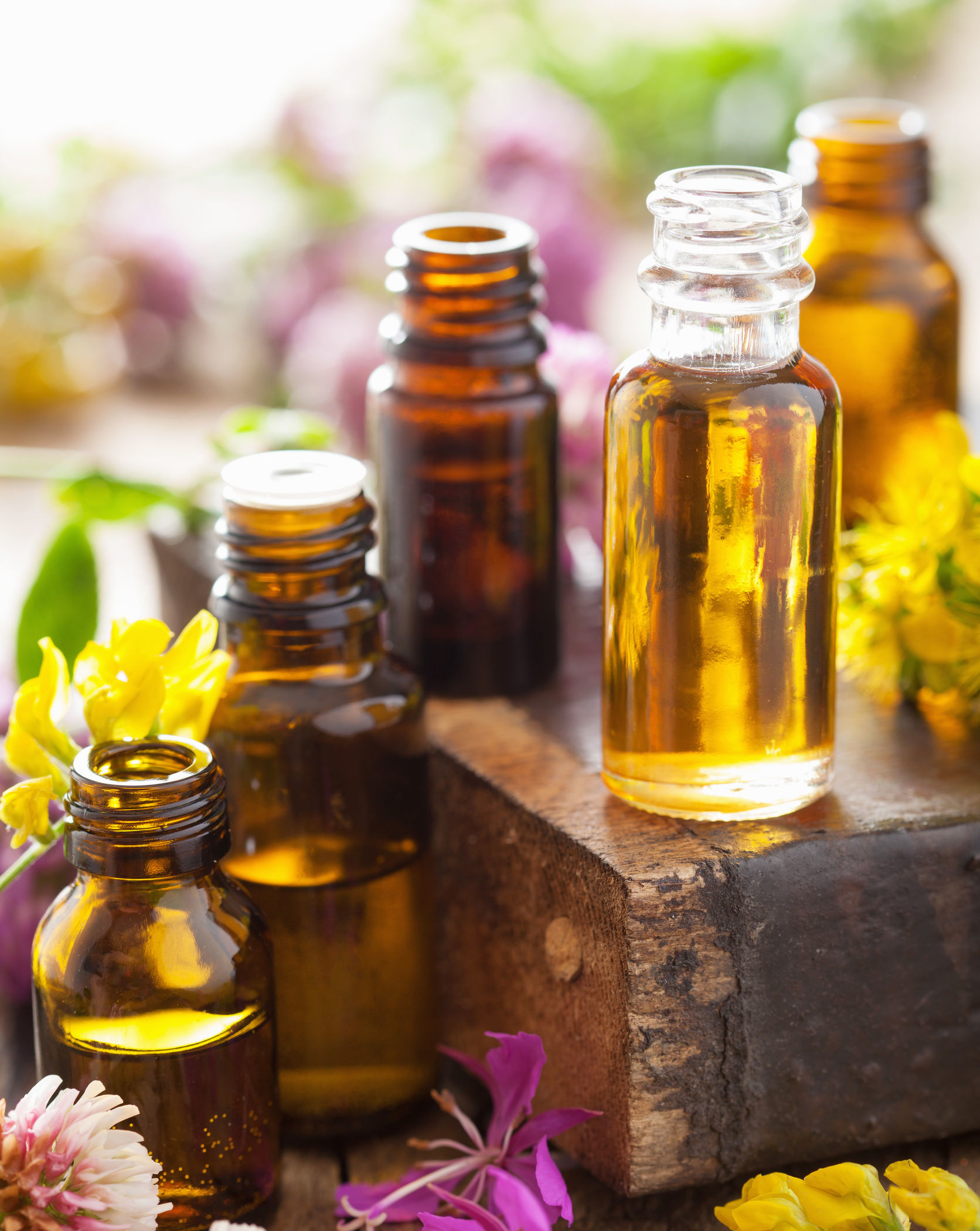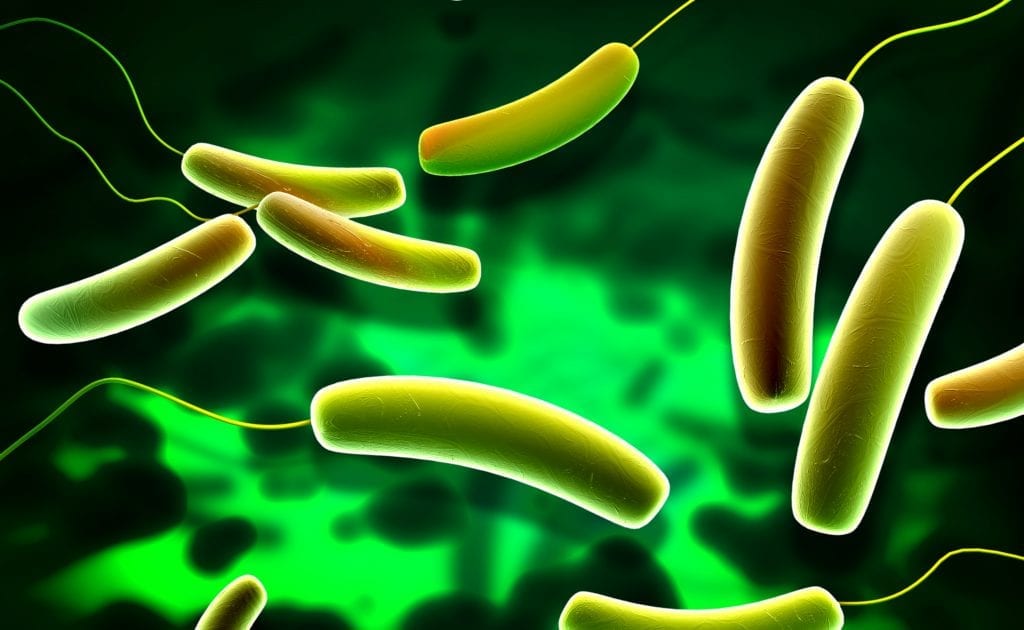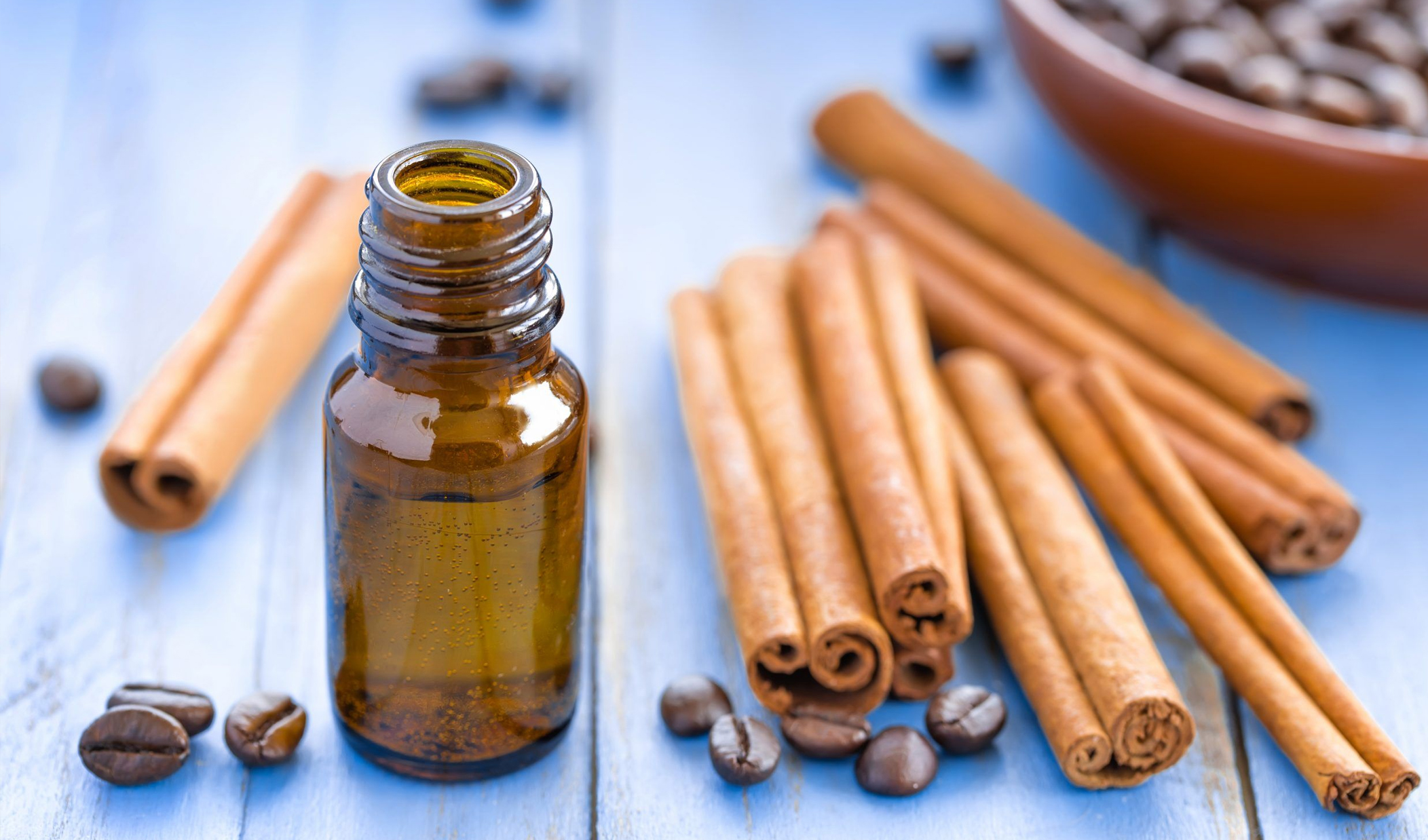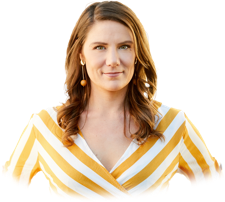OK, that’s it. The essential oil debate is raging and I can’t help but jump in at this point. As a qualified naturopath and herbalist with over 10 year’s experience and also specific training in aromatherapy – I’d like to give a measured and informed voice to the topic.
The first thing is that I want to say this. Essential oils are AMAZING. They are an excellent healing tool and there are hundreds of very safe, useful and proven applications for them.
But…. and this is a very big but… like any medicine, they have a list of limitations and potential risks if they are not used correctly. Let’s examine some of them. Oh and if you don’t like rants, then maybe you don’t want to read this post (but you should because I make some very good points). If you’re a rep or a convert to brands like doTERRA and Young Living, I hope this helps you, because much of what you’ve been told simply isn’t true.
The Shift is a 12 part documentary-series all about gut health. Listen to episode 1 of Season One – ‘I’ve got a gut feeling you’re going to want to know this’ – to deep dive deeper 👇.


“CERTIFIED THERAPEUTIC GRADE” IS A TERM MADE UP AND POLICED BY DOTERRA.
Point One – “Therapeutic Grade” essential oils
The term ‘therapeutic grade” essential oils is both false and misleading. The term ‘certified therapeutic grade’ was actually created by um… doTERRA, who then registered the name and then told the world that all other essential oils were not as ‘pure’. They even go so far as to call them ‘better than organic’. And just to point out, their oils are NOT organic, which would make them free from pesticide residues, genetic modification or irradiation. There are many oils on the Australian market that are just as good if not better quality than those sold by doTERRA and Young Living. This does not make them universally safe to ingest, which brings me to my next point.

ESSENTIAL OILS DAMAGE THE DELICATE BACTERIA OF THE HUMAN MICROBIOME.
Point Two – Ingesting essential oils
Let’s get this straight – essential oils are volatile compounds, are incredibly concentrated and are NOT the same as taking the herbal equivalent. Until recently only qualified naturopaths, herbalists, and aromatherapists may have indicated very few oils for short periods of time internally.
This is what I think has happened. doTERRA executives were having a meeting. Someone says “People are loving these oils but they probably only go through 5-6 drops a day tops! That means a bottle of oil will last them 2 months. How can we get them to use more?” Then another sales executive says… “I know – why don’t we get them to start ingesting them? Putting drops into the water. Including them in food. That way we’ll sell way more product!!”. “Great idea! I’ll get the marketing plan on the way”.
I’m going to put it out there that the short-term use of some essential oils in a therapeutic setting and prescribed by a qualified practitioner, is safe. For example, if I am undertaking an anti-candida protocol with a patient, I may use products that have essential oils in them such as oregano to help to reduce the fungal overgrowth. However, I weigh up the use of these oils and use it carefully in combination with probiotics and other supplements so that it does not do more harm than good.
Many essential oils are antibacterial and antifungal. LOTS. Most even! Oregano, clove, thyme, fennel, tea tree, and sandalwood to name a few. Some are so powerful, that I would rate their topical bacteria killing effectiveness as good as some antibiotics.
Now think about this. When you ingest an essential oil, where does it go? Into the stomach and then straight into the small intestine. In your gut, you have 2-3kg of symbiotic bacteria and yeasts which make up your microbiome.
Ingesting essential oils daily will damage your microbiome, in my opinion. Is there a study to prove this? No, as the doTERRA advocates will point out. Is there one showing that it does not? Ummm no. But there is research showing how powerful these oils are at killing bacteria. And we know that they will make contact with the microbiome. It isn’t rocket science, you ingest a powerful antibacterial and you will kill your bacteria.
But microbiome damaging effects aside, is it safe to be ingesting an extract of the essential oils from a plant? Many oils are irritant and known to cause skin sensitivity in some people, however, MLM reps are recommending you ‘add 1-2 drops to a glass of water’ and drink it. It is not fully known how essential oils are metabolised. The essential oils are the most potent substance in the plant and should be treated with far more respect. The only cases of serious harm from essential oil use have been when it has been consumed internally. On poisons.org a clinical toxicologist states that the internal use of both eucalyptus and sage oil has caused seizures.
And if you’re not up with what goes on… I keep seeing recipes including essential oils and it drives me crazy. Why use pepper when you could use pepper oil? Why use thyme when you could just add a drop of oil! I even saw this awful recipe for kids ‘immune boosting’ pancakes with On Guard, an essential oil blend that contains herbs like clove, cinnamon, eucalyptus, and oregano. Giving young children essential oils internally is in my opinion negligent and dangerous.
When I brought this up with DoTERRA, this is their response…

They point out that we do already naturally consume essential oils when we ‘sprinkle cinnamon on our oats’. Yes but these amounts are tiny comparatively and are in whole food form. I mean if you look at the doTERRA website, for example, you’ll see that they are the ones pointing out that it takes A LOT of plant material to make a small amount of essential oil. This is why they are so pricey. Taking an isolated constituent will have a different effect on the body to taking the entire plant part, as the sum of all of the constituents determines how that medicine will work in the body. I asked doTERRRA for the well-documented history of internal safety. They haven’t replied.
Here’s the essential oil content of some herbs…
- Peppermint yields about 0.3 – 0.4% volatile oil
- Spearmint yields about 0.7% volatile oil
- Sweet Marjoram yields about 0.2 – 0.8% volatile oil
- Rosemary yields about 0.5% volatile oil
- Rose yields about 0.02 – 0.03% volatile oil
- Petitgrain yields about 0.2% volatile oil
You can easily see that using a few drops of essential oil is actually not the same as using a sprinkle of herbs.
For more info on this, head over to this website that talks about ingesting essential oils.
Also doTERRA, I just want to point out that humans don’t eat Eucalyptus leaves but you’re putting the essential oil into pancakes (it’s in On Guard).
Here’s a 2016 list of reported adverse reactions from essential oil use from Aromatherapy United in the US. Yeah, there’s quite a few on there. Note the most reactions were reported from the use of antimicrobial blends like Thieves (Young Living) and On Guard (doTERRA) and other blends containing multiple oils.
Sorry, that was a particularly ranty point. Moving on.

SOME CINNAMON OIL CONTAINS HIGH LEVELS OF COUMARIN WHICH CAN CAUSE LIVER TOXICITY IN SOME PEOPLE.
Point Three – Health ‘Advocates’ giving out medical advice
Let’s address the issue of ‘health advocates’ giving out prescriptive advice of essential oils. I mentioned that I will sometimes prescribe internal essential oils for short periods of time. As a qualified health herbalist and naturopath, I have an intricate understanding of human anatomy, physiology, and metabolism. I can look at research and decide on the safety profile of a new medicine before I prescribe it to my patients. Although essential oil health advocates are well-meaning (I truly believe they are) they simply are not qualified to be giving out health advice. I’m actually fine with them recommending certain oils and blends for diffusing, but I’d even be cautious to take advice on topical applications from someone who was not trained in aromatherapy. I’ve seen countless facebook posts of well-meaning advocates recommending everything from the neat (undiluted) use of essential oils on children, essential oil ‘cocktails’ with 2-3 drops of each oil (I’m not kidding). I’ve also heard countless horror stories of rashes, irritations, diarrhea and headaches from use.
The unfortunate thing is that the information is just passed from rep to rep down the MLM sales chain and the layperson doesn’t question if it is correct or if it could do harm. How easy would it be to assume that you could put a drop of wintergreen oil in a glass of water to relieve pain because you can with all of the others right? Ingesting wintergreen oil is like taking a large quantity of aspirin – highly toxic. However, these oils are sold as harmless, safe and natural. They couldn’t hurt you, right?
Point Four – I do think people need to use more essential oils
Let’s be clear that my beef isn’t with the product – it’s the misleading marketing done by the MLM’s that has led to their gross misuse. Essential oils are fantastic and their biggest benefit is when they are used in an olfactory sense – that is inhaled and smelt. Diffusing essential oils works wonders for stress, anxiety, and moods. Using diluted oils on the skin can be great for relaxation, to relieve pain, reduce inflammation and just to smell nice! They are a very powerful medicine and when used in these safe and non-invasive ways can help to balance the body and promote healing.
So please… diffuse your oils. Breathe in their amazing scents. But keep them out of your body unless prescribed to do so by a qualified naturopath or herbalist.
If you want to know more about how we work at Shift and about your own gut health, listen to The Shift Podcast – Season One – Gut Health.



